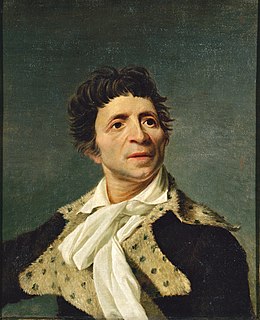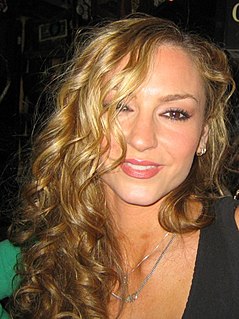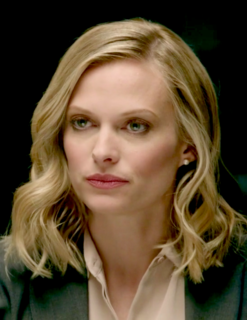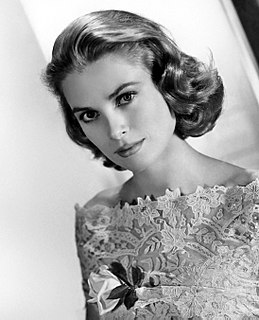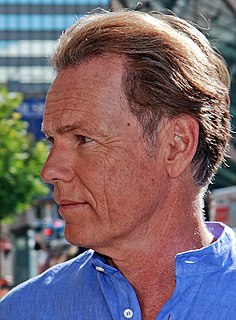A Quote by Jean-Paul Marat
How could liberty ever establish itself amongst us? Apart from a few tragic scenes, the revolution has been nothing but a web of farcical scenes.
Related Quotes
Somebody comes to your house. You know they're coming, so it's not a surprise. And they give you an envelope that has your scenes in it. And they sit in the car outside for a half an hour while you read your scenes, then they ring your doorbell and you give your scenes back. Then you shoot the movie a few weeks later or something. The next time you see your scenes is the night before you start shooting. I never read the script [Blue Jasmine], so I didn't really know what it was about.
We improv-ed scenes that didn't happen in the movie. We improv-ed the scenes that are written in the movie without the dialogue as written. We played around a lot to try and figure out just how we could flow with what was already written in the story and how we could highlight those imbalances and those points at which we came to loggerheads.
